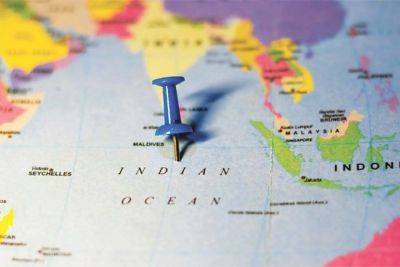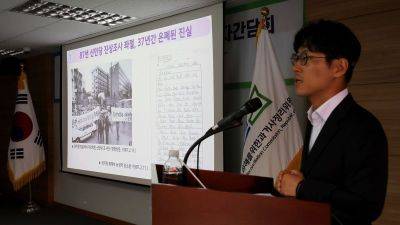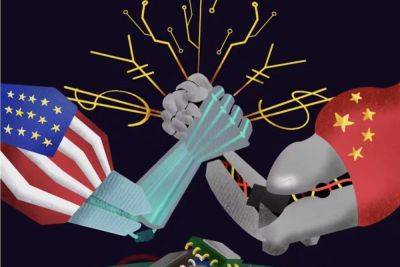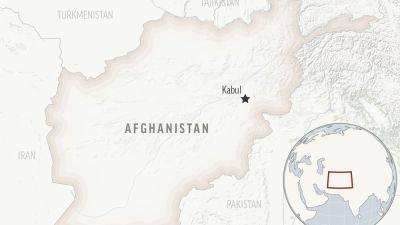The economic way to reverse demograhic decline
This is the first installment of a two-part essay.
In an April essay published by Asia Times about actual or impending fertility decline to below population-replacing levels in nearly all countries outside sub-Saharan Africa, I observed:
This essay hopes to contribute to changing that – starting in East Asia, where the need for successful pro-natalist policy is more urgent than anywhere and where ideological impediments to innovating successful pro-natalist policy are weaker than in the West, but whence any successful pro-natalist policy may spread to the West.
Monetary inducements for families to have children must, in order to meet normal efficiency criteria in spending public funds, promote child-raising in a way that captures the benefits of labor specialization, including economies of scale, that now facilitate nearly all work except child-raising.
However, until now, no pro-natalist policy has tried to recapture the substantial benefits of labor specialization in child-raising, including economies of scale, that once were captured by families in which the wife bore and raised as many as a dozen children.
Those benefits are not captured by families that raise only one or two children and in which both parents work outside the home most of their adult lives.
Such child-raising is the last substantial non-specialized labor in our world, and feels as anomalously difficult as growing one’s own food or making one’s own clothes. This may contribute to the increasing unwillingness of many parents to raise a second child.
To be cost-effective, pro-natalist policy must stop trying to induce all households to raise two children rather than only one child. It must produce the desired number of additional children by funding a







